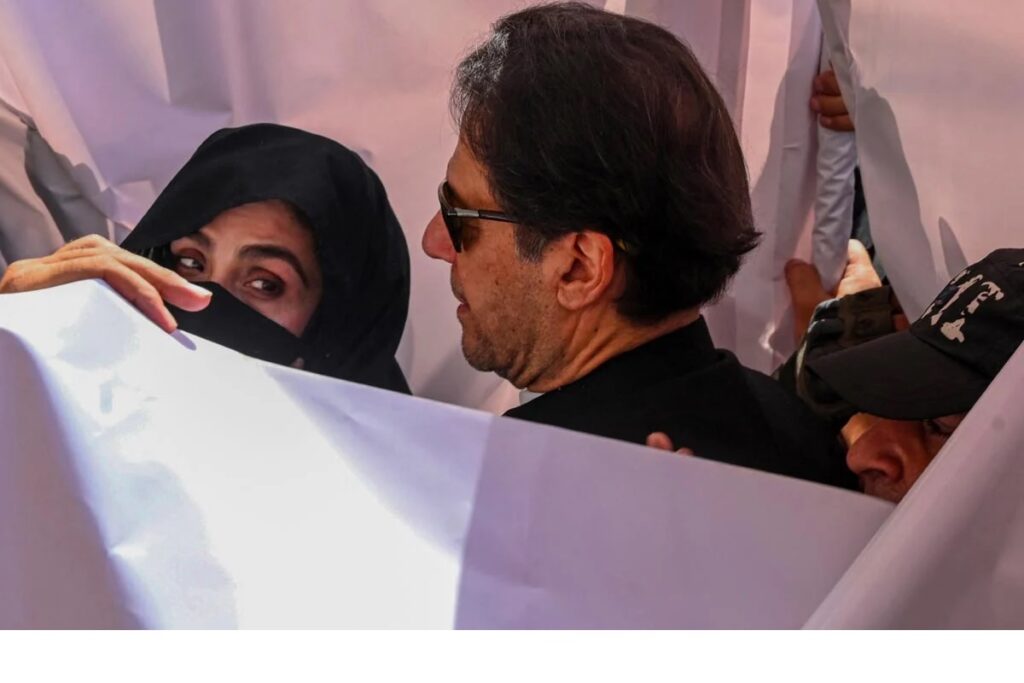UNITED NATIONS:
Pakistan’s Ambassador Munir Akram has called for a “concerted campaign” to recover weapons from terrorist groups like Tehreek-e-Taliban Pakistan (TTP) at the 4th UN Conference to review the implementation of the UN Programme of Action (UNPoA) on Small Arms and Light Weapons (SALW).
He stated that TTP have been using safe havens in Afghanistan to launch deadly cross-border attacks into Pakistan.
“Pakistan is particularly concerned about the acquisition and use of modern, sophisticated small arms by terrorist groups such as TTP—a UN-listed terrorist organization,” stated Pakistan’s envoy.
The 2001 UNPoA, backed by all member states, provides a framework to counter the illicit trade in small arms and light weapons.
Since then, the UN has supported its implementation at national, regional, and international levels.
“Terrorists and criminals do not manufacture these arms,” the Pakistani envoy told delegates, emphasising they acquire them from illicit arms markets or receive them from entities aiming to destabilise a region or country.
“It is essential to investigate how terrorist groups and criminal organizations acquire such sophisticated weapons,” Akram said. “All States and the UN must take measures to prevent the illicit trade, transfer, and diversion of these arms.”
He highlighted that the illicit proliferation, excessive accumulation, and misuse of small arms exacerbate conflicts, fuel terrorism, threaten peace and security, and undermine sustainable development.
This results in hundreds of thousands of lives lost annually, immense suffering for civilians, and devastated economies and societies.
“The evolving nature of conflicts and the advent of new technologies pose new challenges to combat the proliferation of increasingly lethal small arms—UAVs and drones,” Akram added.
He noted that the UNPoA and the International Tracing Instrument (ITI) represent an enduring international consensus and agreed framework to address challenges related to the unauthorised, illicit trade and trafficking of these arms.
The current review conference offers an important opportunity to assess progress, identify challenges, and chart the way forward.
Pakistan has strengthened its legislative frameworks, enhanced transfer controls, and implemented robust measures to prevent the diversion of SALW to unauthorised users.
However, Akram argued that a supply-side approach alone is insufficient to tackle the challenges posed by SALW.
“To reduce demand, more strenuous efforts and resources are required to resolve conflicts, end terrorist activities, and eliminate organised crime.”
International assistance and cooperation to build national capacities in tracking and interdiction will be central to implementing the UNPoA, he said.
Izumi Nakamitsu, head of the Office for Disarmament Affairs (ODA), delivered remarks on behalf of UN Secretary-General Antonio Guterres, who noted that the review conference comes at a challenging time with rising global military expenditures.
He emphasised that there is nothing “small” or “light” about the damage these weapons cause.
